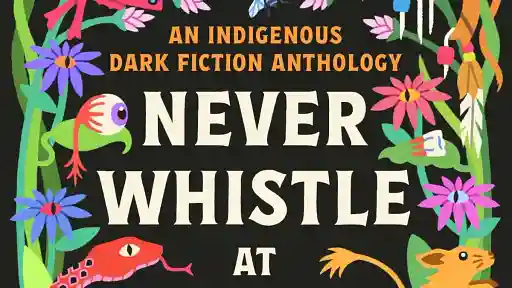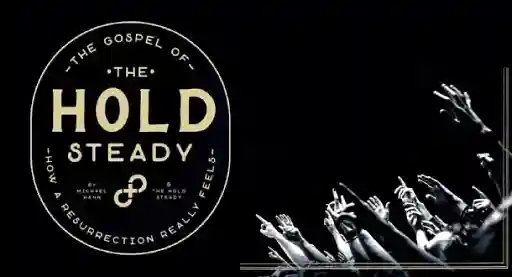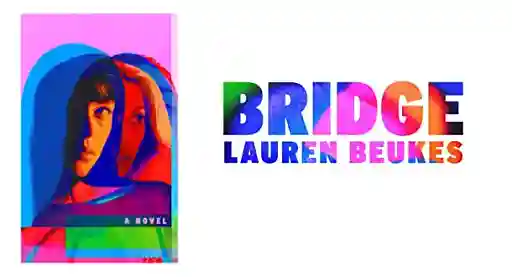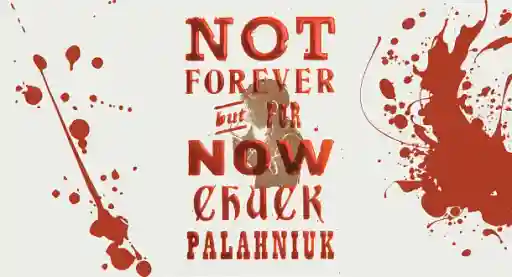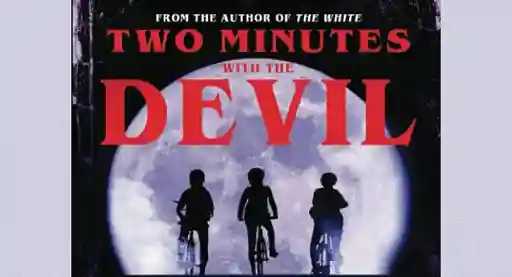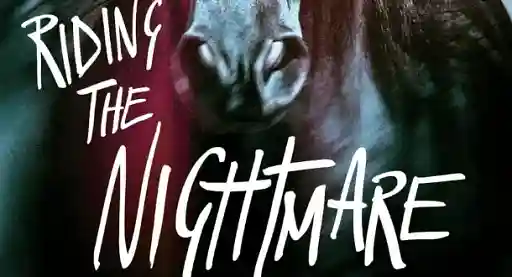Bookshots: Pumping new life into the corpse of the book review
Title:
The Jovian Spark
Who wrote it?
Indie novelist, Jonas Samuelle.
Plot in a box:
Thomas' “spark” is gone. The spark that once drove him to brilliant heights. But he did not lose his spark, it was stolen from him, and with it his very identity. This is the story of Thomas’ journey to discover just who stole it from him.
Invent a new title for this book:
In Search Of Light
Read this if you like:
Pretty much anything by Franz Kafka.
Meet the book’s lead:
Thomas, a semi-successful playwright and columnist who is missing not only his creative spark, but the very essence of who he once was.
Said lead would be portrayed in a movie by:
Cillian Murphy, best known for his roles in Christopher Nolan's Batman movies, Inception, and 28 Days Later.
Setting: Would you want to live there?
The fictional city of Meecham Falls, which reminded me a bit of an anesthetized version of Tucson, Arizona, so no.
What was your favorite sentence?
He didn’t know how to tell the kind townsfolk that he knew damned well that the play was crap. Good crap. That junkyard sculpture kind of tripe that will pop up in inconsequential little towns now and again. A flash in the night that’s as forgotten as the fifth of July, and just as toxic. It was the worst kind of failure.
The Verdict:
So let’s talk about independent publishing for a minute. First off, if you’ve been reading my columns and reviews long enough, you know I have zero beef with indie or traditional publishing. I think both have their benefits and their downsides. But what I like most about indie publishing—by the way, I consider indie publishing to be small presses, university presses, micro-presses, and self-publishing—is that the indies provide readers with a far wider variety of reading choices and give much needed exposure to artists who for some reason or another just don’t fit into the big 6’s business/marketing strategies. In fact, some of my favorite writers are such novelists as Roger Smith, Jake Hinkson, Eric Beetner, Anonymous-9, Rob Hart, Dave White, and Anthony Neil Smith—just to name a few— and all are publishing through small and micro presses, or are self-publishing.
I know a lot of you are now probably expecting a BUT to come from me right now, but you can trust me that’s not coming just yet. I dig indie publishing, end of story.
The next thing I want to talk about is the beginning novelist and their influences. Being influenced by other novelists (and aping their style) is essential for all storytellers. There isn’t a single writer, novelist, screenwriter, poet, whatever, out their who hasn’t churned out a piece or two that mimics the style of their favorite writer. It’s inevitable and necessary to helping a young storyteller discover their own unique voice.
Now let’s converge and talk about indie publishing, the beginning author, and The Jovian Spark.
As most of you know, writing a book is hard. Mentally, it’s probably one of the toughest things you’ll ever do. Even as you grow older and you're churning out a book or two a year, it’s still tough. But there really is no better feeling than finishing a novel; it’s an accomplishment and you should be proud of it. (By the way, folks, here comes the BUT.) But, sometimes your first (or your second, or sometimes even your third) novel is going to be something you’re going to want to keep to yourself, and the reasons why are multitude other than "it just sucks." Because usually, that’s not the case. In fact, most of the time it’s just because the authors voice hasn’t matured enough to support the weight of a book length manuscript.
And this, folks, is the danger of indie publishing.
With the relative ease of self-publishing, you can put anything out in the world whether you or the world are ready for it. Now, does this mean The Jovian Spark is a bad novel? No, not in the least. There’s honestly some great lines and a few well-honed ideas in The Jovian Spark, but the biggest issue is that Samuelle wears his influences on his sleeve, and his influences seem to be turn of the 20th century modernists. And this is perfectly fine if the storyteller influenced by those early 20th century innovators manages to contemporize his voice. This, however, is not the case with The Jovian Spark, because it reads like it was written in 1914 as opposed to 2014. Now if you’re the type of reader who thinks this period was literature’s artistic peak (and, yes, there are plenty of folks out there who do), The Jovian Spark is going to be right up your alley.
I will say this, even though The Jovian Spark wasn’t really my cup of coffee, I would very much like to see what Jonas Samuelle is producing five years from now, because my guess is when he does incorporate his influences and develops his own singular voice, he’s going to be a voice to be reckoned with.

About the author
Keith Rawson is a little-known pulp writer whose short fiction, poetry, essays, reviews, and interviews have been widely published both online and in print. He is the author of the short story collection The Chaos We Know (SnubNose Press)and Co-Editor of the anthology Crime Factory: The First Shift. He lives in Southern Arizona with his wife and daughter.
